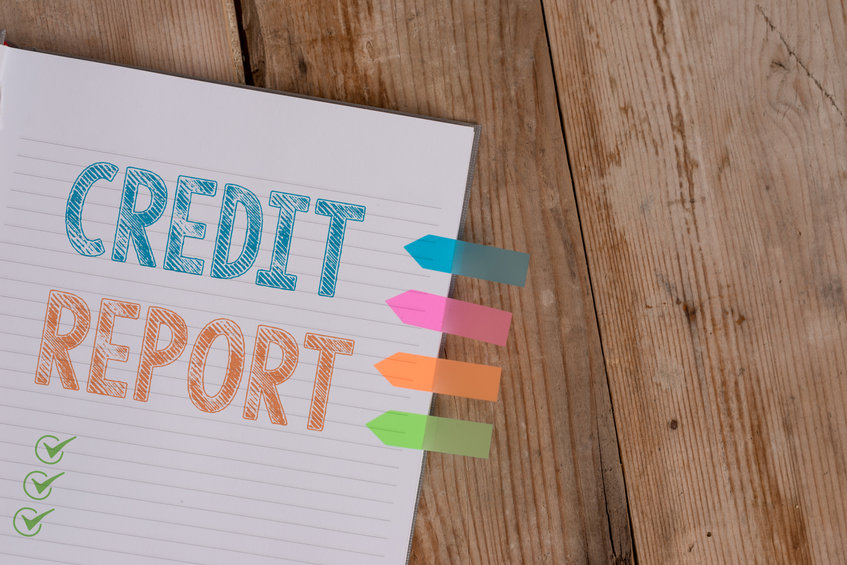A credit report is essentially a snapshot of a consumer’s credit history at a particular time, ultimately quantified in the form of a credit score. A credit score is a number between 300 and 850 that represents a consumer’s creditworthiness. The higher the number, the less risky a consumer appears to potential lenders. Credit scores are based on credit history, which is calculated using a consumer’s number of open accounts, total levels of debt, and payment habits, among other factors.
The largest factor affecting a consumer’s credit score is his or her propensity to make on-time payments. Missing a payment, especially a large one (such as a mortgage), will often drop a high credit score 100 or more points. However, because credit scores and credit history reflect patterns of behavior, the effect of a late payment fades over time.
Consumers are entitled to one free credit report a year under the Fair Credit Reporting Act. The three major credit bureaus—Experian, Equifax, and TransUnion—format and report consumer information differently, but all credit reports contain basically the same information.
How Can I Dispute a Negative Credit Report?
If there’s information in your credit history that’s correct, but negative—for example, late payments—the credit bureaus can put it in your credit report. The credit bureaus can report most negative information for up to seven years, but bankruptcy information can be reported for up to ten years. However, under federal law, a late payment that is not at least 30 days past due cannot be reported to the credit bureaus. Grace periods on mortgages vary, but normally lenders allow a 15-day window from the payment’s due date.
You can dispute a negative credit report if the information in it is incorrect or incomplete. In that case, the credit bureaus have to correct the report for free. Contact each credit bureau and the entity that reported the inaccurate information. Explain in writing what you think is wrong, include the credit bureau’s dispute form (if they have one), copies of documents that support your position, and keep records of everything you send.
Once you file your dispute, the credit bureau has thirty days to investigate it. You may need to provide additional evidence to support your position. The credit bureau may forward the evidence to the entity that reported the information. The entity will investigate and report the results back to the credit bureau. The credit bureau must give you the results of a dispute in writing; if the dispute resulted in a change, you are entitled to a free copy of your credit report. Additionally, the credit bureau must send notices of the change(s) to anyone who got your report in the past six months.






